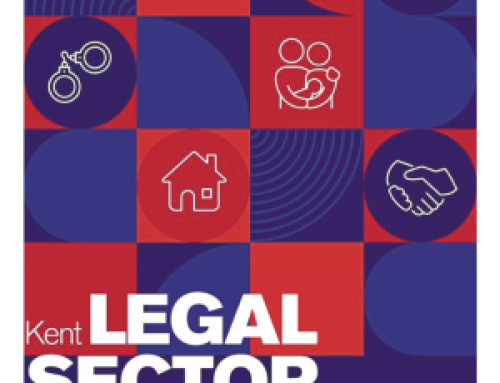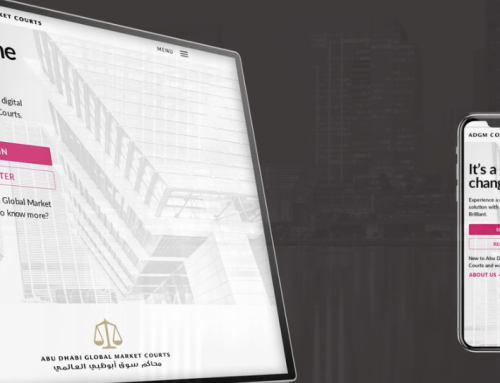 Following the tragic suicide of British television presenter Caroline Flack on 15 February 2020, the public has been blaming the Crown Prosecution Service and the media for their endless pursuit of Ms Flack in relation to her trial for alleged assault of her partner.
Saddened and outraged, people have taken to the internet to protest their anger. There is even a petition, currently signed by over 840,000 people, urging the UK Government “to consider a law that would make it a criminal offence, not dissimilar to Corporate Manslaughter, for the British Media to knowingly and relentlessly bully a person, whether they be in the public eye or not, up to the point that they take their own life.”
Laws limiting any type of speech will by their very nature attract criticism and invite inspection for censorship, so we can expect that any legislative fix for this issue would take a long time to work its way through Parliament.
So take action – fight back!
If you have been bullied or doxed or harassed, please don’t think you’re helpless! There are practical things that you can do. You do have ways to fight back. It is important for individuals to know that if you ever feel pressured or harassed by the media (whether that be a newspaper or by an individual journalists), or if something has been published about you that is untrue, there are actions you can take to hold the media accountable.
Here are five things you can do now if you are being harassed or written about falsely in the media:
Following the tragic suicide of British television presenter Caroline Flack on 15 February 2020, the public has been blaming the Crown Prosecution Service and the media for their endless pursuit of Ms Flack in relation to her trial for alleged assault of her partner.
Saddened and outraged, people have taken to the internet to protest their anger. There is even a petition, currently signed by over 840,000 people, urging the UK Government “to consider a law that would make it a criminal offence, not dissimilar to Corporate Manslaughter, for the British Media to knowingly and relentlessly bully a person, whether they be in the public eye or not, up to the point that they take their own life.”
Laws limiting any type of speech will by their very nature attract criticism and invite inspection for censorship, so we can expect that any legislative fix for this issue would take a long time to work its way through Parliament.
So take action – fight back!
If you have been bullied or doxed or harassed, please don’t think you’re helpless! There are practical things that you can do. You do have ways to fight back. It is important for individuals to know that if you ever feel pressured or harassed by the media (whether that be a newspaper or by an individual journalists), or if something has been published about you that is untrue, there are actions you can take to hold the media accountable.
Here are five things you can do now if you are being harassed or written about falsely in the media:
- Ask the journalist to stop contacting you
- While this sounds obvious, people don’t always do this. However, you should write to the journalist directly with a clear and concise account of their conduct and put them on notice that their behaviour is unacceptable and you do not want to be contacted any further. Make sure that you have a copy of this letter. To make sure it gets there, send the letter in a way that requires a signature upon receipt.
- Keep records (preferably in writing)
- Keep a paper record of all correspondence you have with the journalist and/or publisher. Though not preferable, if you do have telephone calls, write down the date, time and what was discussed as soon as the telephone call is over. Keep any texts that may have been sent or received.
- It is far easier to establish a cause of action or complaint with a clear paper trail.
- Complain directly to the publisher
- You may wish to contact the publisher (or its Editor) directly to complain, especially if you have asked that the journalist cease contacting you and they continue to do so.
- Most mainstream newspapers are regulated by an organisation named the Independent Press Standards Organisation (“IPSO”). Any potential breach of the IPSO Editors Code (please see below) should be taken very seriously by the publisher.
- Complain to IPSO
- IPSO regulates over 1,500 newspapers and newspapers in the UK. They hold them to account, protect individuals and enforce high standards of journalism. Every member of IPSO is required to follow the “Editors’ Code” and it includes provisions such as the need to take care in publishing only accurate information and “not [to] engage in intimidation, harassment or persistent pursuit” of subjects.IPSO has the ability to fine publishers up to £1 million where there has been a “serious and systematic” failure. It also operates a 24-hour anti-harassment advice line for persistent, unwanted approaches by journalists. Details of the helpline can be found here: https://www.ipso.co.uk/harassment/. IPSO offers these suggestions for dealing with persistent journalists:
- Find out the journalist’s name and the name of the publication or agency they work for. Under the terms of Clause 3 of the Editors’ Code, journalists must provide this information if requested.
- Tell the journalist clearly that you do not wish to speak to them or be photographed and that you are asking them to stop. You can add that under the Editors’ Code of Practice, journalists must not continue their activities once asked to stop. It may help if you tell them that you are saying the same to every journalist.
- If you are at home and do not wish to answer your door, pin a short note to it to say that you do not wish to speak to journalists and do not want to be disturbed.
- If you are being telephoned repeatedly and do not wish to speak to journalists you should change your answerphone message to say that only personal callers should leave a message as you do not wish to speak to the media.
- If you feel physically threatened or in immediate danger call the police.
- Instruct Solicitors
- Finally, if you are being harassed or something has been published about you that is untrue, you may have a civil cause of action for one of the following:
Harassment where a person has, on at least two occasions, harassed you in circumstances where he or she had intended to cause you alarm or distress.
Defamation where a person has published a false statement to a third party about which would cause an ordinary person to think less of you and you suffer serious harm as a result.
Malicious falsehood where a person has published a false statement that identifies you, your business or your economic interests which causes you financial harm.
If you are being harassed by a journalist or have suffered serious harm as a result of something that has been written about you – remember, you can hold them accountable. Do not suffer in silence. This is a new and rapidly developing area of the law. Decisive action is called for and must be delivered swiftly if tragedies are to be prevented. It is imperative that a knowledgeable and experienced law firm handles these matters. If you believe you have a cause of action against a third party for any of the above, please call 01732 525923 or email at justice@griffin.law where an expert litigator will walk you through your options.Griffin Law is a dispute resolution firm comprising innovative, proactive, tenacious and commercially-minded lawyers. We pride ourselves on our close client relationships, which are uniquely enhanced by our transparent fee guarantee and a commitment to share the risks of litigation. If you have any specific questions regarding a dispute, please email justice@griffin.law or call 01732 52 59 23.





